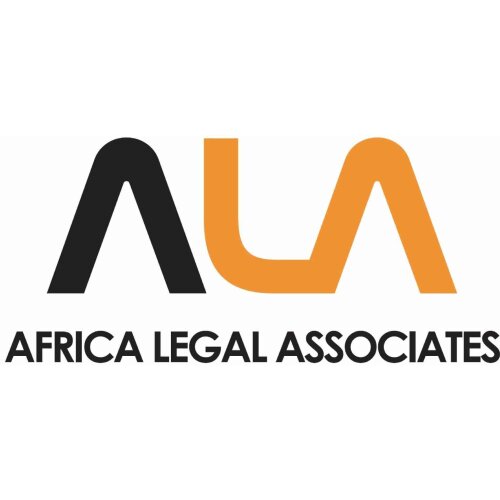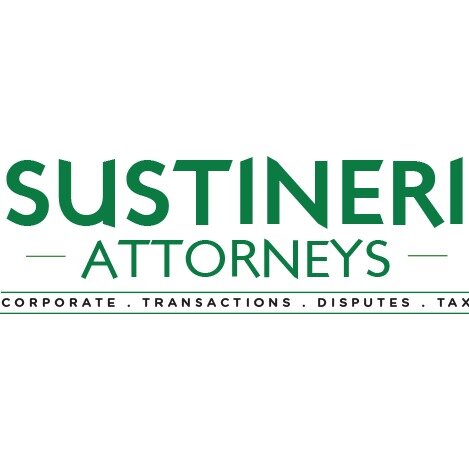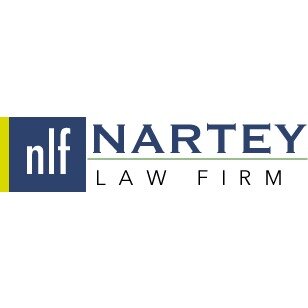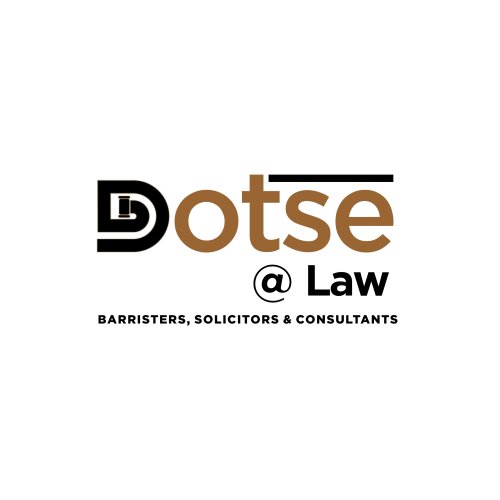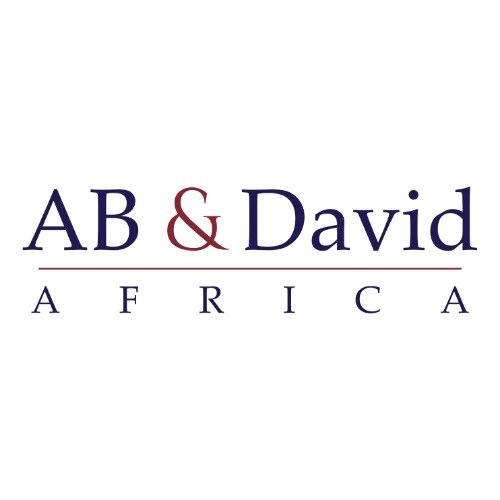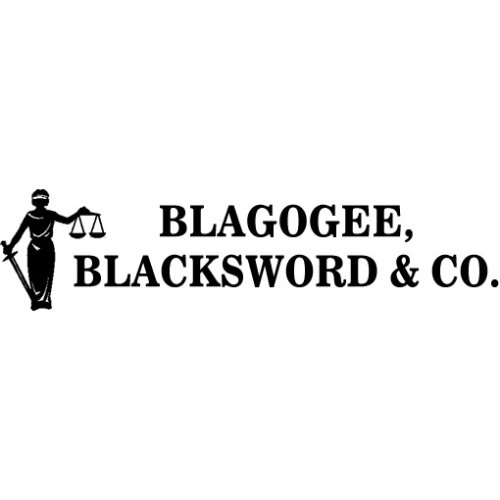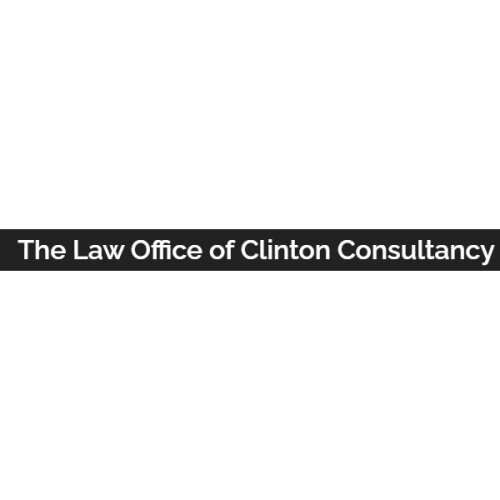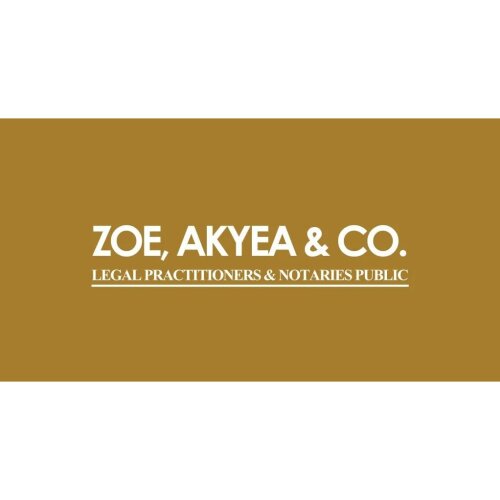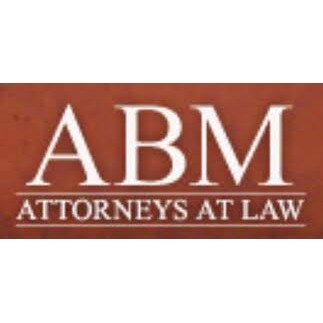Best Contract Lawyers in Accra
Share your needs with us, get contacted by law firms.
Free. Takes 2 min.
List of the best lawyers in Accra, Ghana
About Contract Law in Accra, Ghana
Contract Law in Accra, Ghana, is primarily governed by the common law principles, which Ghana inherited from British colonial rule. It is also subject to various statutes, such as the Contracts Act, 1960 (Act 25). A contract in Ghana is defined as an agreement between two or more parties with the intention to create legal relations and to be legally binding. The fundamental elements required for the formation of a legally binding contract are offer, acceptance, consideration, and the intention to create legal relations. The enforcement and interpretation of contracts in Ghana are under the jurisdiction of the courts.
Why You May Need a Lawyer
People may require legal help in contract-related matters in various situations. For instance, when drafting or reviewing a contract, such as employment contracts, lease agreements, or sale of goods and services, a lawyer's expertise is essential to ensure the terms are clear, fair, and enforceable. Additionally, misunderstandings, breaches of contract, or disputes over the interpretation of contractual terms may necessitate legal intervention. In situations where one party has suffered as a result of another party breaking a contract, legal expertise is required to seek remedies through the courts.
Local Laws Overview
Several key aspects of local laws are particularly relevant to contract matters in Accra, Ghana. For example, the Sale of Goods Act, 1962 (Act 137) provides specifics on contracts for the sale of goods, rights of buyers and sellers, and remedies for breach. The Hire-Purchase Act, 1974 (NRCD 292) regulates hire purchase agreements, while certain aspects of employment contracts are governed by the Labour Act, 2003 (Act 651). It is important to note that under Ghanaian law, certain contracts are required to be in writing, such as contracts for the sale of land.
Frequently Asked Questions
What essential elements must be present for a contract to be legally binding in Ghana?
In Ghana, a legally binding contract must include an offer, acceptance, consideration, the intention to create legal relations, and capacity of the parties to contract. Additionally, certain contracts must be in writing and satisfy other legal formalities.
Are verbal contracts enforceable in Accra, Ghana?
Yes, verbal contracts can be enforceable if they contain all the essential elements of a contract. However, proving the terms and existence of a verbal contract can be challenging, and certain types of contracts are required by law to be in writing.
What can I do if someone breaches a contract?
In case of a breach of contract, legal remedies available may include damages (monetary compensation), specific performance (court order directing the breaching party to fulfill their part of the agreement), or rescission (cancellation of the contract). A lawyer can help determine the most appropriate course of action.
Can I terminate a contract before the agreed-upon term?
Terminating a contract before its term requires careful legal consideration. One may only terminate a contract lawfully if there's a provision for termination within the contract or if there is a breach or other legal ground. Consultation with a lawyer is recommended to avoid wrongful termination claims.
Are there any contracts that must be in writing?
Yes, certain contracts, such as those related to real estate, must be in writing and adhere to specific statutory requirements to be valid under Ghanaian law.
What is considered a fair contract under Ghanaian law?
A fair contract is one where terms are clear and reasonable, consent is freely given, and the agreement does not result in an unconscionable advantage for one party over the other. The courts may intervene if a contract is deemed unfair or includes unconscionable terms.
Is it possible to have a contract without consideration in Accra, Ghana?
Consideration, which is something of value exchanged between the parties, is generally required for a contract to be valid. There are exceptions, such as contracts made under seal (deed), but these are rare and specific in nature.
Can I draft a contract myself or should I always use a lawyer?
While individuals may draft contracts themselves, it is advisable to engage a lawyer to ensure that the contract complies with legal requirements and adequately protects the interests of the parties involved.
How are contracts for the sale of goods regulated in Ghana?
The Sale of Goods Act, 1962 (Act 137) regulates the sale of goods and addresses aspects such as the formation of the contract, rights of unpaid sellers, and conditions and warranties.
What should I do if I’m unsure about a contractual agreement?
If you are unsure about any aspect of a contractual agreement, it is wise to seek legal advice. A lawyer can clarify your rights and obligations and help you to understand the implications of the contractual terms.
Additional Resources
For those in need of legal advice regarding contracts in Accra, Ghana, the Ghana Bar Association offers resources and can provide referrals to qualified lawyers. The Registrar General's Department, which oversees business and property registration, may also provide guidance on contracts relating to these areas. Additionally, the Legal Aid Commission Ghana can assist individuals who may not be able to afford legal services.
Next Steps
If you require legal assistance in contract matters, the first step is to engage the services of a reputable lawyer with experience in contract law. They will provide tailored advice for your situation and assist with the drafting, reviewing, negotiation, or enforcement of contracts. Remember to gather any relevant documentation before consulting your lawyer to facilitate a productive discussion.
Lawzana helps you find the best lawyers and law firms in Accra through a curated and pre-screened list of qualified legal professionals. Our platform offers rankings and detailed profiles of attorneys and law firms, allowing you to compare based on practice areas, including Contract, experience, and client feedback.
Each profile includes a description of the firm's areas of practice, client reviews, team members and partners, year of establishment, spoken languages, office locations, contact information, social media presence, and any published articles or resources. Most firms on our platform speak English and are experienced in both local and international legal matters.
Get a quote from top-rated law firms in Accra, Ghana — quickly, securely, and without unnecessary hassle.
Disclaimer:
The information provided on this page is for general informational purposes only and does not constitute legal advice. While we strive to ensure the accuracy and relevance of the content, legal information may change over time, and interpretations of the law can vary. You should always consult with a qualified legal professional for advice specific to your situation.
We disclaim all liability for actions taken or not taken based on the content of this page. If you believe any information is incorrect or outdated, please contact us, and we will review and update it where appropriate.



